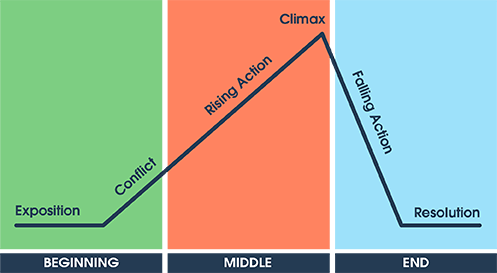Critical Thinking Skills Graphic Organizer

Du hittar den här storyboard i följande artiklar och resurser:

Utveckla Kritiskt Tänkande
av Lauren Ayube
Kritiskt tänkande är den aktiva processen att samla in och analysera information för att bilda en åsikt eller bedömning . Det är inte begränsat till ett visst ämnesområde eller betygsnivå, utan snarare den allmänna förmågan att tänka på ett tydligt och rationellt sätt.
'
Kolla in några av våra andra utbildningsartiklar!
Storyboard Beskrivning
Developing Critical Thinking Skills in students is key. The most important ones are analysis, communication, creativity, open-mindedness, and problem solving.
Storyboard Text
- Analysis
- Interpret
- Research
- Ask Questions
- Notice Patterns
- Communication
- Actively Listen
- Present
- Explain
- Creativity
- Infer
- Make Connections
- Imagine
- Predict
- Be Curious
- Diversity
- Open-Mindedness
- Objectivity
- Inclusivity
- Fairness
- Problem Solving
- Pay Attention to Detail
- Make Decisions
- Clarify
- Evaluate
- An important part of critical thinking is examining and analyzing something. This could include written text, actual data, or a problem that is presented.
- Oftentimes students will share their thoughts and conclusions with a group or a partner, and have to collaborate in some way. Being able to work with others and communicate effectively is a key element to critical thinking.
- Another important skill for a critical thinker is innovation and creativity; not being afraid to think out of the box, try something different, and approach things from all angles is key.
- A critical thinker is someone who is able to think without judgement, bias, or assumption. It is important to simply pay attention to the information itself and draw conclusions with a clear mind.
- Perhaps the most important skill of a critical thinker is the ability to solve problems. Problem solving includes understanding the problem, coming up with and implementing a solution, and assessing the outcome of your plan.
Över 30 miljoner storyboards skapade




